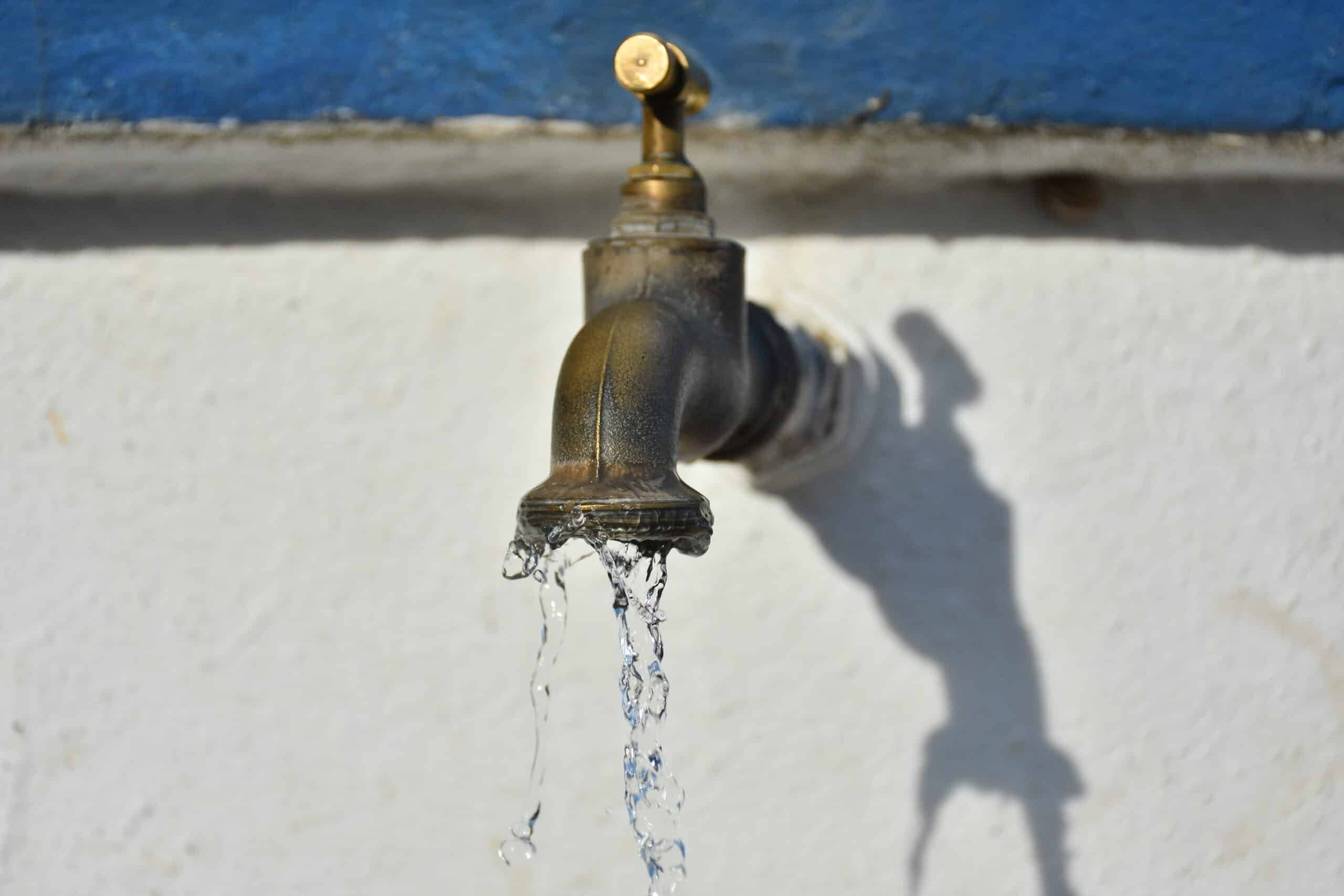Same water. Different bills
With municipalities (still) able to set their own charges for residents’ water consumption (something that promises to change in 2026), consumer watchdog DECO PROteste demonstrates how extraordinarily unfair this can be.
A study released by the entity today shows that the disparity in values can reach a staggering (or as DECO terms it ‘abyssal’) €650 for an annual consumption of around 180 m3.
For example, while Vila Nova de Foz Côa charges an average of €125.92 for such a level of consumption, Fundão municipality expects its residents to pay €776.74.
It truly is a case of “the same water, different bills”, devoid of what DECO terms “social justice”.
DECO’s analysis focused on bills covering water, sanitation and waste charges in June for all 308 of Portugal’s municipalities
Amarante, Oliveira de Azeméis, Ovar, Albergaria-a-Velha and Baião are the five municipalities where the overall bill (120 m3/ year) is the highest. Vila Nova de Foz Côa, Castro Daire, Terras do Bouro, Vila Flor and Vila Nova de Paiva have the lowest figures.
“When it comes to annual consumption of 180 m3, the top 5 with the highest bills are Fundão, Oliveira de Azeméis, Santa Maria da Feira, Amarante and Espinho. At the bottom of the table are, once again, the same five municipalities, led by Vila Nova de Foz Côa,” DECO’s statement adds.
There is no valid explanation for the disparities – and the only hope for a price that is socially just comes in the knowledge that from 2026, ERSAR (the water and waste services regulatory authority) will start regulating, evaluating and auditing the setting and application of tariffs.
But will municipalities agree to this? Particularly the ones with the highest charges? And what about the ‘increasing charges’ municipalities have started bringing in, for ‘excessive consumers’? Will they suddenly become more ‘acceptable’?
ANMP, the national association of Portuguese municipalities, does not appear to be holding its breath.
Association president José Ribau Esteves is all for such a change. Indeed, he has been telling Rádio Renascença today that “at ANMP level, we have been putting pressure on the various governments to take measures so that we can achieve, with regard to the cost of water, what was already achieved many years ago with electricity: a single tariff.” But while it will be “theoretically possible” from 2026, he doesn’t believe it will happen in practice.
“We need the will and the intensity of work to make it possible. The track record in this and other dossiers does not point in that direction,” he told the radio station.
“Ribau Esteves, who is also mayor of Aveiro, a district where water bills are uniform, hopes that there will be a chance to work on the issue with this current government, and also with the new management of Águas de Portugal”, writes RR.
But this issue has layers: particularly in the form of the escalating charges for ‘excessive consumption’, which have seen residents in one of the Algarve’s lowest charging municipalities (Aljezur) paying thousands of euros per month even so because their consumption has bumped them up into a higher paying bracket.
Algarve online Terra Ruiva gave an overview of the different tariffs charged in the Algarve last year, click here.
But, another issue for the Algarve, is that by 2026 the desalination plant is scheduled to be ‘completed’, with no one yet aware how ‘expensive’ the process will make its water…
Source material: SIC Notícias/ Rádio Renascença




















